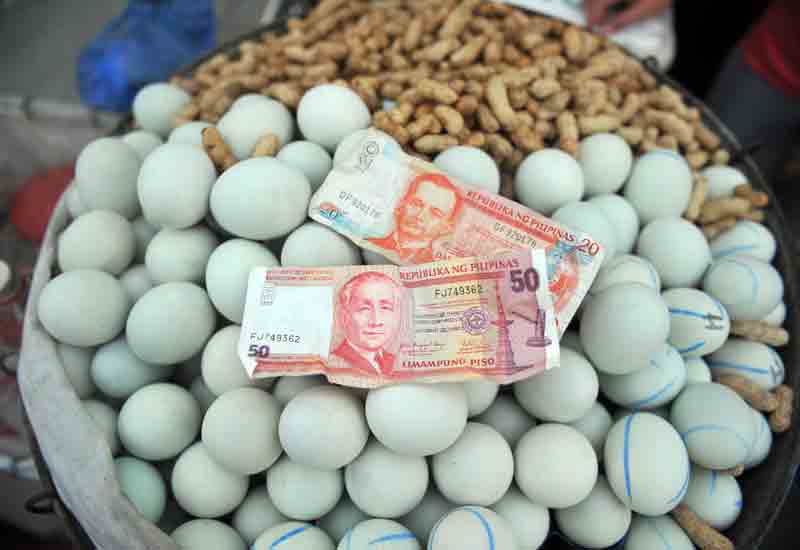 Due to strict health and safety regulations regarding the import of eggs into the UAE, passengers entering the UAE with popular Filipino delicacy "balut" may find it confiscated at the airport
Due to strict health and safety regulations regarding the import of eggs into the UAE, passengers entering the UAE with popular Filipino delicacy "balut" may find it confiscated at the airport
On Tuesday June 7, the Philippine consulate released an advisory warning stating that passengers entering UAE airports should avoid bringing in a popular Filipino delicacy known as “balut”, reported Gulf News.
The document from the consulate stated: “The Philippine Consul General in Dubai and the Northern Emirates would like to inform the public that it recently received several reports from various individuals regarding the confiscation of Philippine Duck Eggs (balut) upon entry into Dubai as pasalubong [gifts] from the Philippines.
"The entry of commercial and non-commercial quantities (for personal consumption) of balut into Dubai without the necessary customs/health certificates may result in its confiscation by Customs authorities and possible delay in immigration clearance of the bearer/s.”
Balut is a popular street-food snack in the Philippines, as well as other South East Asian countries. It is a boiled, fertilised duck egg, which is typically 16-21 days in to the gestation period.
In the Philippines, Balut is believed to have a number of health properties.
Rules set out by the UAE Ministry of Climate Change and Environment regarding the import of all eggs state that all imports must have an accompanying health certificate stating the production and expiry dates of the eggs, as well as showing that the eggs have been produced at farms free from salmonella and bird flu.
In addition, the ministry’s guidelines state that eggs must be “unfertilized, fresh, intact, and fit for human consumption”.

| Advertisement |








 Search our database of more than 2,700 industry companies
Search our database of more than 2,700 industry companies









